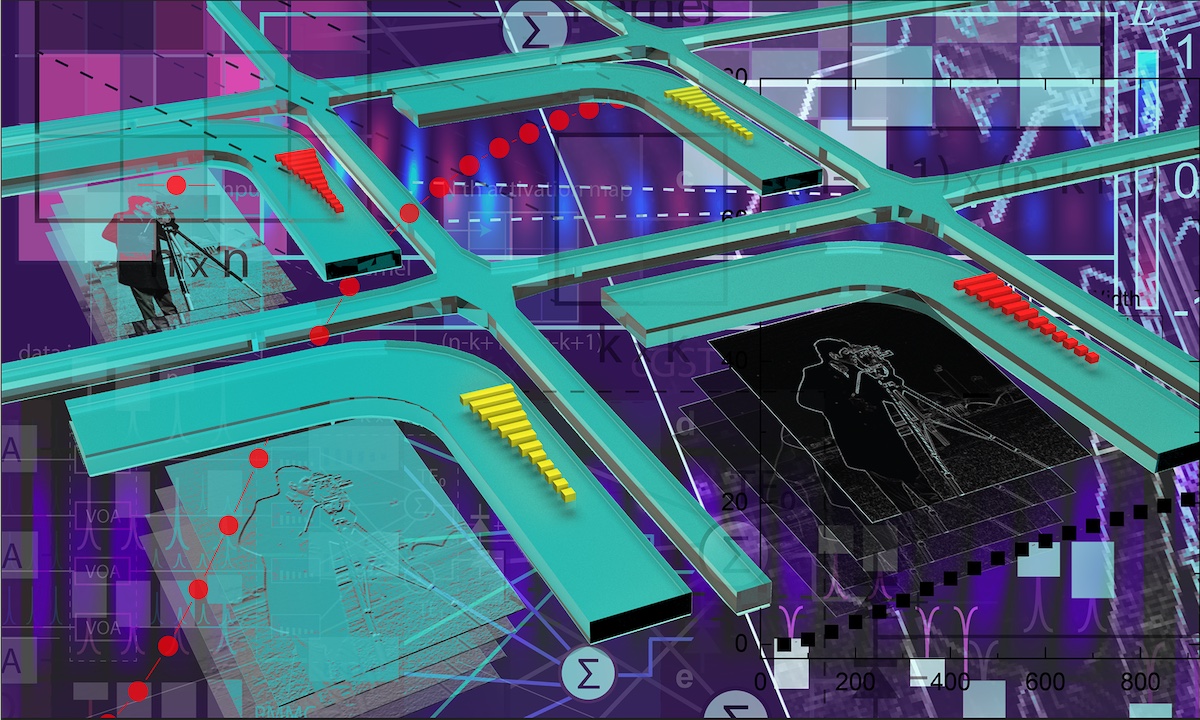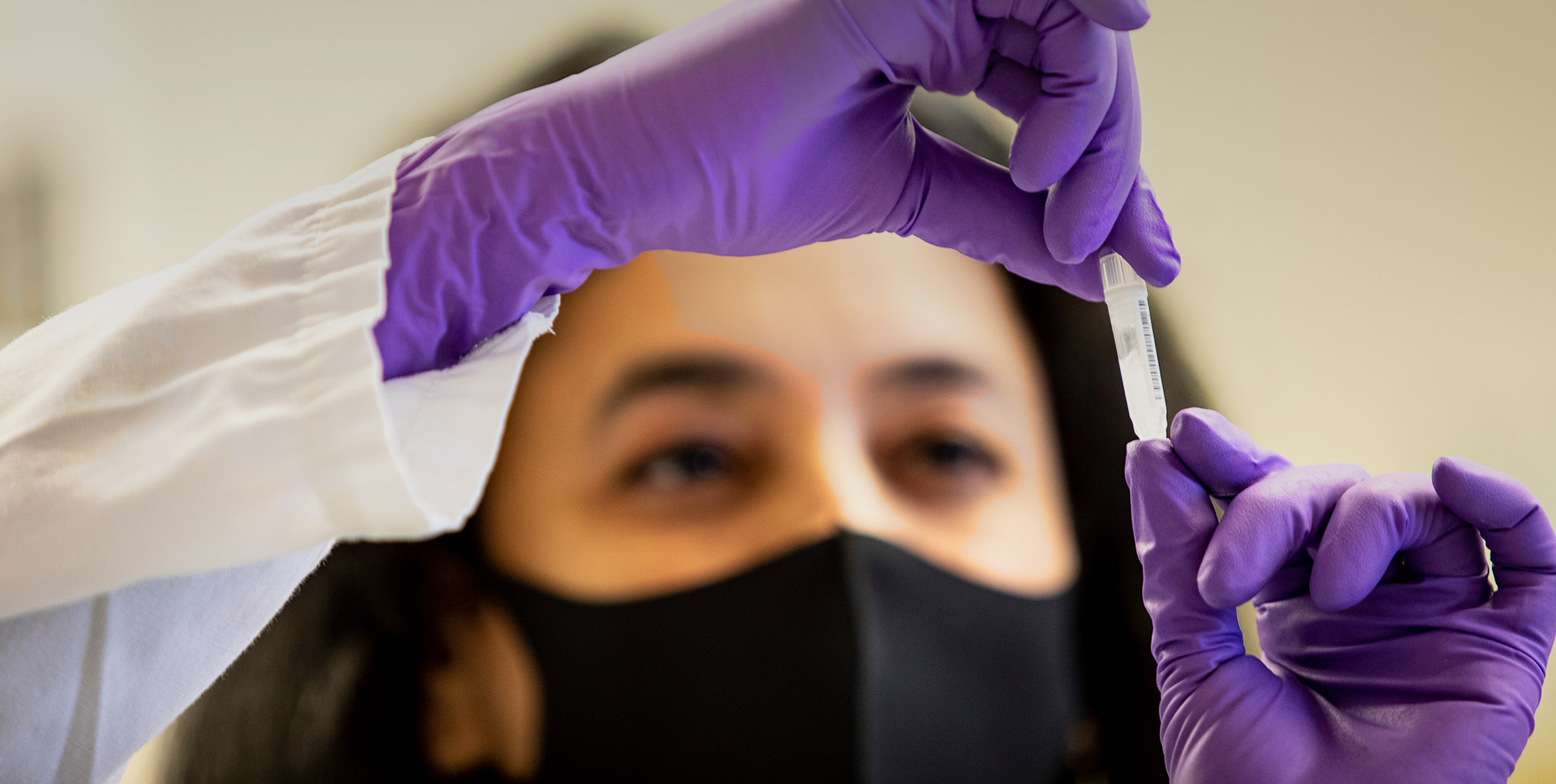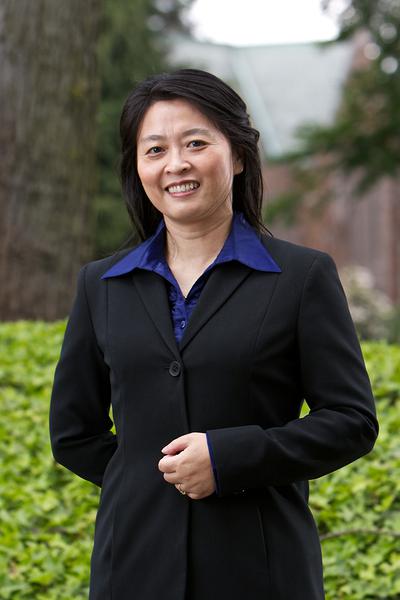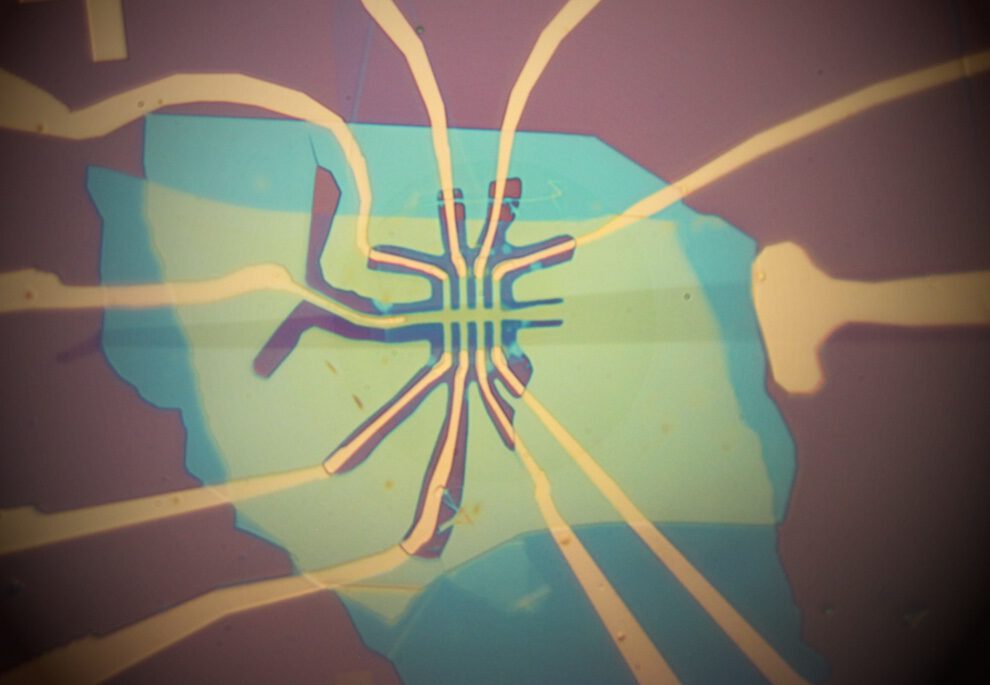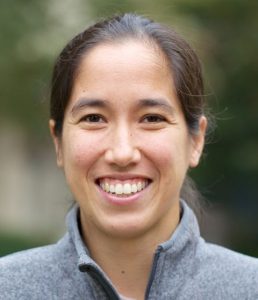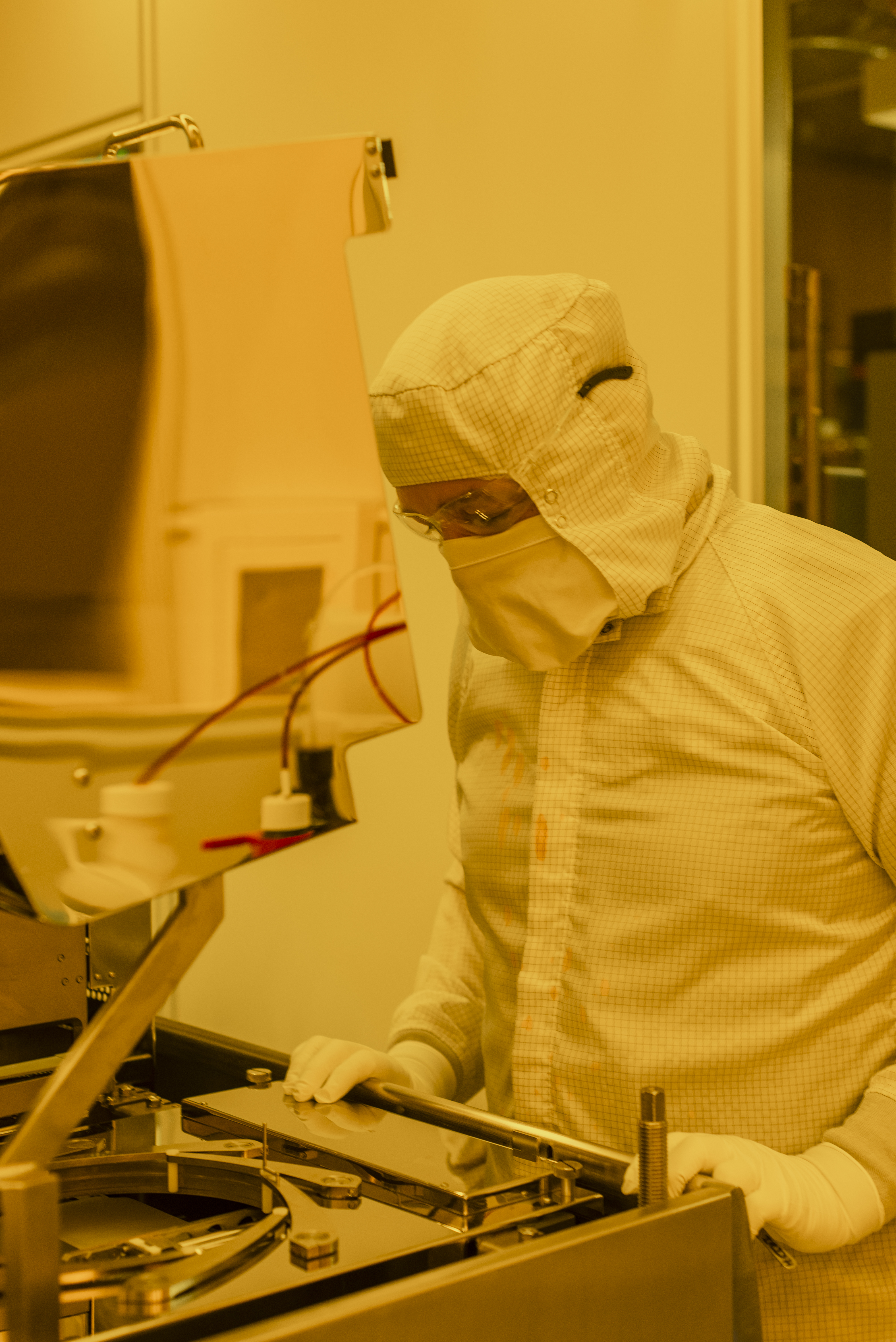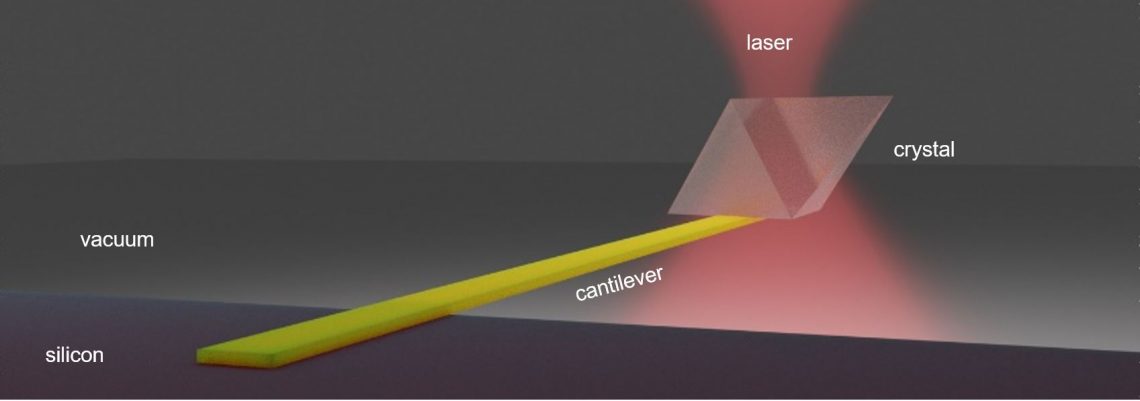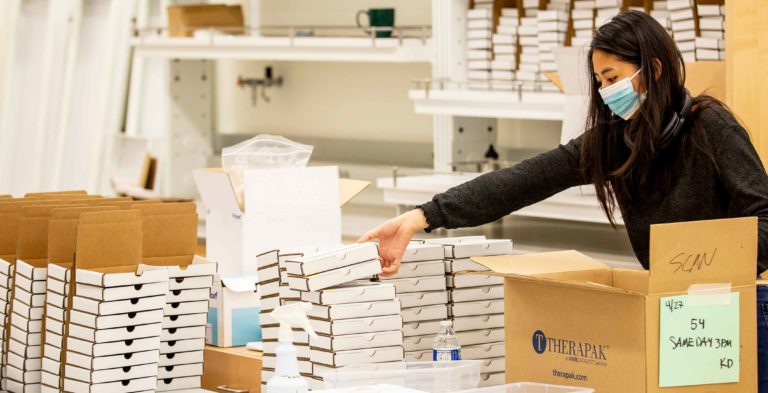The National Science Foundation has awarded the University of Washington and Oregon State University a five-year, $5 million grant to advance nanoscale science, engineering, and technology research in the Pacific Northwest. Known as the Northwest Nanotechnology Infrastructure (NNI), the UW and OSU partnership is one of 16 sites in the NSF’s National Nanotechnology Coordinated Infrastructure (NNCI) program. NNCI sites provide researchers from academia and industry access to leading-edge fabrication and characterization tools at university facilities.
